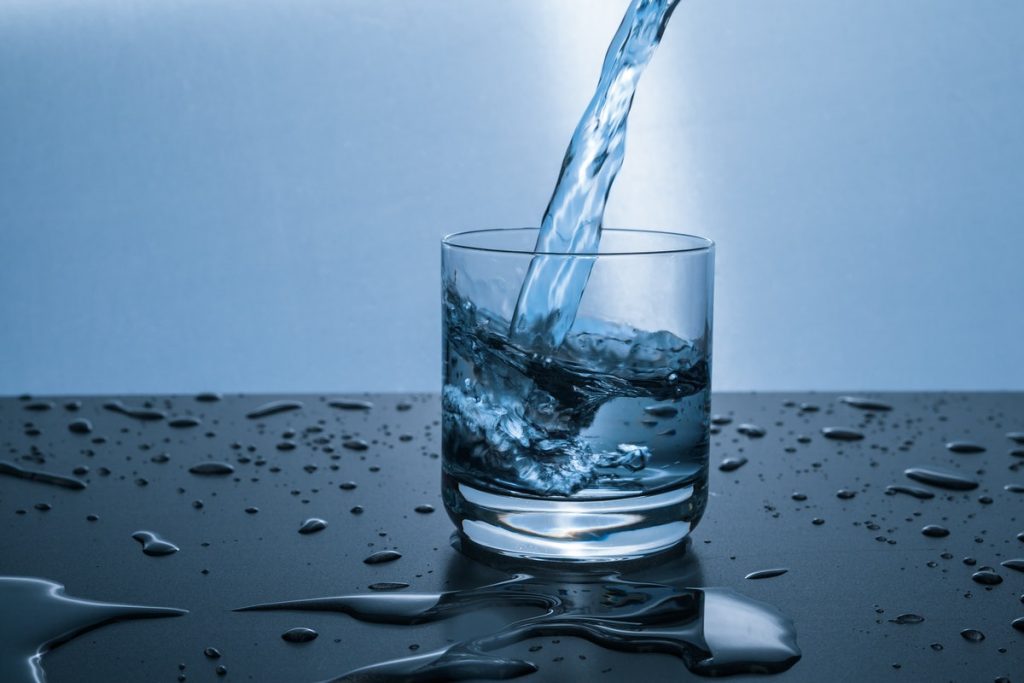Your family’s health is essential to you, so you want to do everything you can to protect it. Unfortunately, many pollutants and contaminants can enter your home and put your family at risk. One of the common causes of health hazards at home is the water you use daily.
Water contamination can come from various sources inside and outside your home. Some common contaminants include lead, mercury, pesticides, and bacteria. These contaminants can enter your water in many ways, such as leaching from pipes, farm runoff, or sewage overflows.
While most tap water in the United States is safe to drink, contact with contaminated water can still put you at risk for several health problems. The best way to ensure your family is protected is to install a water filtration system in your home, such as a soft water system. You can consult the best soft water systems experts in your community and ask how you can best filter your water to protect your family’s health.

Health risks of water contamination
As mentioned, there are several health risks associated with water contamination. Some of these risks include:
Gastrointestinal illness
Every year, millions of people worldwide fall ill due to water contamination. While most waterborne illnesses are mild, some can be severe, even deadly. The gastrointestinal system is particularly vulnerable to waterborne disease, as it comes into contact with contaminated water when we eat or drink. Symptoms of gastrointestinal illness can include nausea, vomiting, and diarrhea and can sometimes lead to dehydration and electrolyte imbalance.
In severe cases, it can even result in organ failure. To help prevent gastrointestinal illness, it is vital to ensure that the water you consume is clean and safe. This means avoiding contaminated water sources and being especially careful when traveling to areas with poor water quality. Taking these precautions can help protect yourself and your family from this potentially serious health threat.
Neurological problems
Neurological problems can occur when there are contaminants in the water. One example is lead, which can cause learning and behavior problems. Another is mercury, which can damage the brain and nervous system. Studies have also found links between exposure to certain chemicals and an increased risk of Parkinson’s disease. While most cases of water contamination are not severe enough to cause neurological problems, it is still essential to be aware of the potential risks. If you are concerned about contaminants in your water, you can have it tested by a certified lab.
Kidney damage
When most people think of water contamination, they think of water that contains harmful bacteria or chemicals. However, contaminated water can also have high levels of minerals and metals, damaging the kidneys. Kidney damage due to water contamination is a severe problem in many parts of the world, where people do not have access to clean, safe drinking water.
In fact, according to the World Health Organization, kidney damage due to water contamination is one of the leading causes of death in developing countries. The good news is that there are ways to prevent kidney damage from contaminated water. For example, people can use filters to remove harmful particles from their drinking water, and they can avoid swimming in or drinking dirty water. By taking these simple steps, people can help protect their kidneys from the damaging effects of water contamination.
Congenital disabilities
According to the Environmental Protection Agency, water contamination is one of the leading causes of congenital disabilities in the United States. There are many ways that water can become contaminated. Still, some of the most common include lead pipes, agricultural chemicals, and sewage. When pregnant women drink dirty water, they can pass harmful toxins to their developing babies, leading to a range of congenital disabilities, including heart defects, brain damage, and deformities.
The good news is that there are steps that pregnant women can take to protect themselves from contaminated water. They should drink only filtered or bottled water, avoid swimming in bodies of water that may be contaminated, and wash their hands thoroughly after coming into contact with any potentially contaminated surface. By taking these precautions, pregnant women can help reduce the risk of giving birth to a baby with a birth defect.
The bottom line
When it comes to health, water quality is extremely important. Contaminated water can cause a range of health problems, from gastrointestinal illness to birth defects. To help protect your health, it is important to be aware of the risks of water contamination and take steps to avoid it. You can learn more about water contamination and its effects on health by talking to your doctor or contacting a certified water testing lab.

